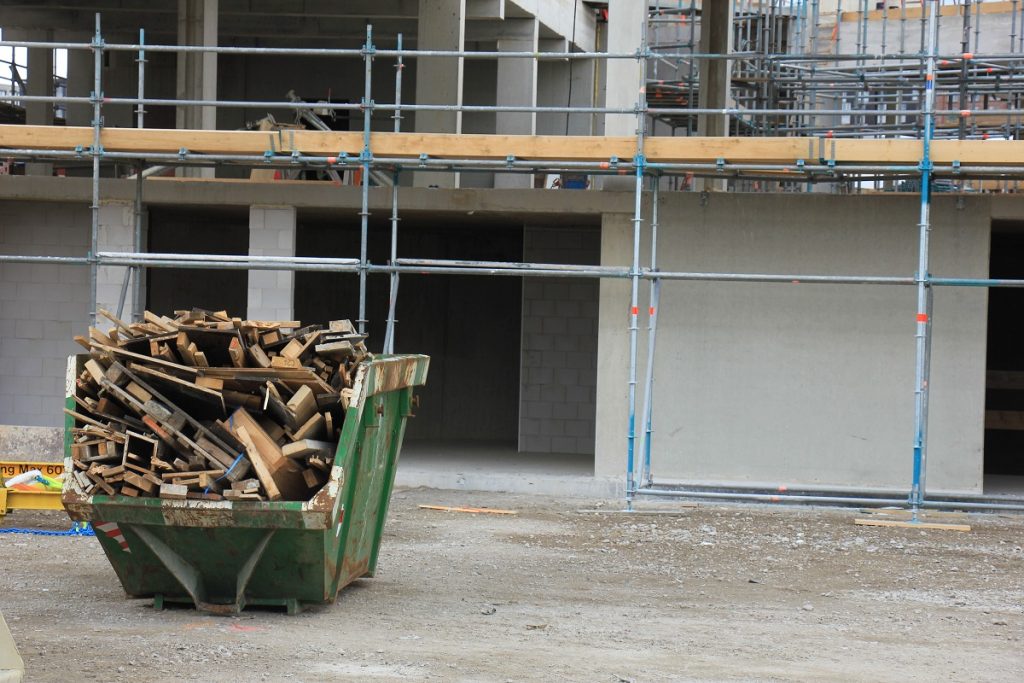Building and other construction projects, although a central part of our civilisation, are not natural to our planet. This means that each time we build something — be it a road, a residential property, or a towering skyscraper — we put our ecosystem on the line. While eco-friendly houses minimise this footprint to an acceptable level, failure to manage waste resulting from construction efforts can have an immediate effect on the environment.
Ideally, any sensible construction waste management service in Sydney (and other parts of the world) must have strategies that revolve around reducing, recycling, and reusing. How do you tailor your operations to fit this simple yet powerful model? Here’s a guide to help:
Work on Cutting Down Waste Production
Most construction waste can be minimised drastically. For instance, an architect can come up with a design that’s most efficient for the construction material. Any material brought into the construction site can come in the most minimal packaging as possible.
This means that instead of purchasing your cement in bags for a huge project, you can opt for a ready-mix truck that won’t leave a heap of cement papers on your construction site. Apart from this, you should take all construction workers to a frugality course that will help them learn to reduce waste and stay efficient in all their operations.
Sort the Waste as it Forms
 If you cannot do away with the waste, the next step is sorting your waste in preparation for reuse or recycling. To do this correctly, you have to:
If you cannot do away with the waste, the next step is sorting your waste in preparation for reuse or recycling. To do this correctly, you have to:
- Come up with a safe on-site storage area with colour-coded or labelled skip bins for different types of waste. Encourage all employees to observe the different waste categories when cleaning up.
- Set aside a team whose purpose is to monitor and take care of the waste organisation. These could be full-time employees or some of your construction workers elevated to the status with a little bonus.
- If you can afford it, find someone to lease you a mini crusher or screener that can work on breaking down unusable bricks, blocks, and hardcore.
Once the waste is sorted into different categories, contacting a construction waste disposal company to handle the rest will be easier. Moreover, you will have a clean construction site since everyone will be cleaning up after themselves as the project goes by.
Reusing Materials
Remember the skip bins you set aside above? Not everything that goes into them is destined for disposal. Sometimes, you can find a diamond in the ruff.
For instance, a door frame that cracked in the middle could be repurposed into a window frame, assuming you have some wood framed windows. If not reusable on your project, it can still be sold for other projects that can put your waste into good use.
Sustainable construction is all about minimising waste and reusing as much as you can during the project. If reusing is impossible on site, you should have all the waste sorted properly and ready for collection on regular basis. This way, you reduce the amount of waste that ends up in landfills since you now know where to send the reusable ones.

